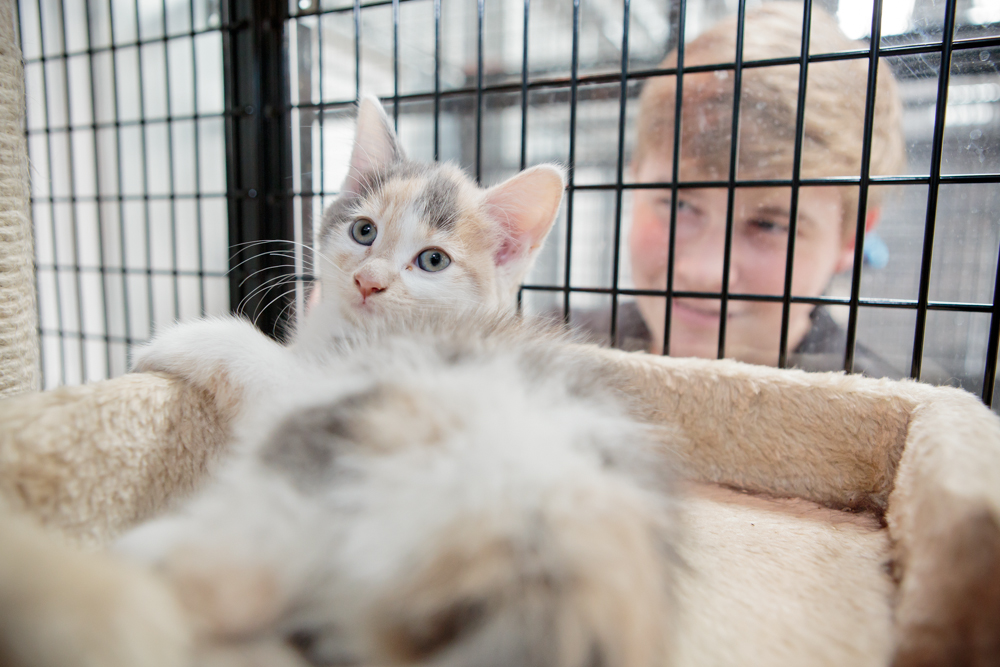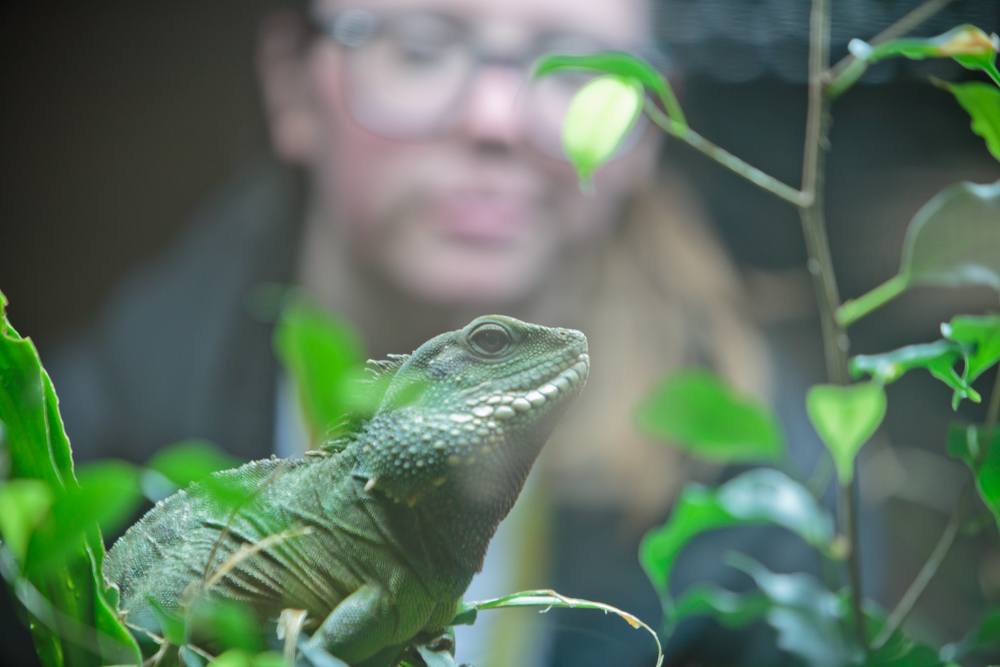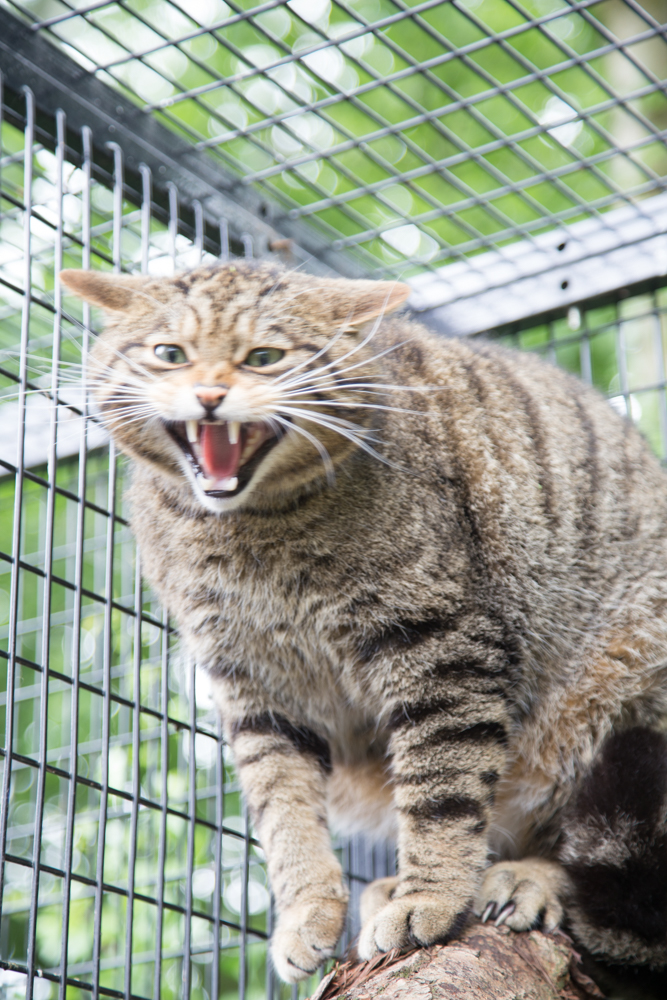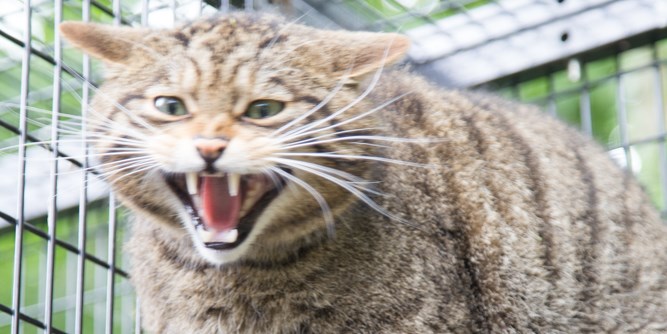Course modules
Year 1
Assist with the preparation and maintenance of animal accommodation
You will learn about different types of animal housing and bedding and then practically prepare and clean out Animal Academy animals.
Animals in the wild and in society
This unit looks at animals such as wildlife and exotic zoo species. It identifies the different terminology associated with classifying animals and adaptations animals have developed over time to become better species.
Assist with the care of animals
In this unit students learn how to keep different species of animals healthy and happy.
Assist with the handling and restraint of animals
You will assist others in handling a variety of animals. You will also learn about moving them around and retraining them e.g. for the vet.
Principles of the Care of Animals
In this unit the student will learn about the principles of animal care
Entry requirements & additional information
Entry requirements
This course gives a practical introduction to the animal industry. Students need to be over 14, demonstrating confidence and competence in basic animal care skills. Academic qualifications are not essential, just a willingness to learn.
Learning and assessment
Time will be spent in the classroom and in the College’s Animal Academy developing practical skills. Students must have an interest in the subject and have some prior experience of working with animals.
A portfolio of written work must be completed as well as a short online assessment.
Progression
Year 10 students may wish to continue into year 11 to complete additional units. Year 11 students may progress onto a full time Further Education or Apprenticeship Programme.
Careers
Employment in kennels, catteries, pet shop, grooming parlour, welfare societies e.g. RSPCA.
Special requirements
Costs that are mandatory for the course:
Course fees apply for school-educated students (see 14-16 prospectus).
Equipment and/or Clothing:
- College warehouse jacket (purchased via animal studies centre approx. £30), Wellington boots or other sturdy work boots.
- Tetanus vaccination up to date.
- 2 x lever arch files
- 2 x dividers
- Pens/Pencils (coloured) (approx. £10)
Latest news, Animal studies
-
Kirsty Aspinall
- Published
- Monday 11 Dec 2023
-
Higher education Research Expo a success
- Published
- Friday 17 Nov 2023
-
An unforgettable South Africa experience for animal studies students
- Published
- Friday 18 Aug 2023
-
Congratulations to our latest Myerscough Gold Award winner!
- Published
- Friday 23 Jun 2023
-
Degree students share their research at Graduate Showcase
- Published
- Friday 28 Apr 2023




